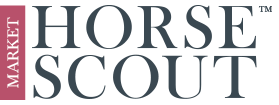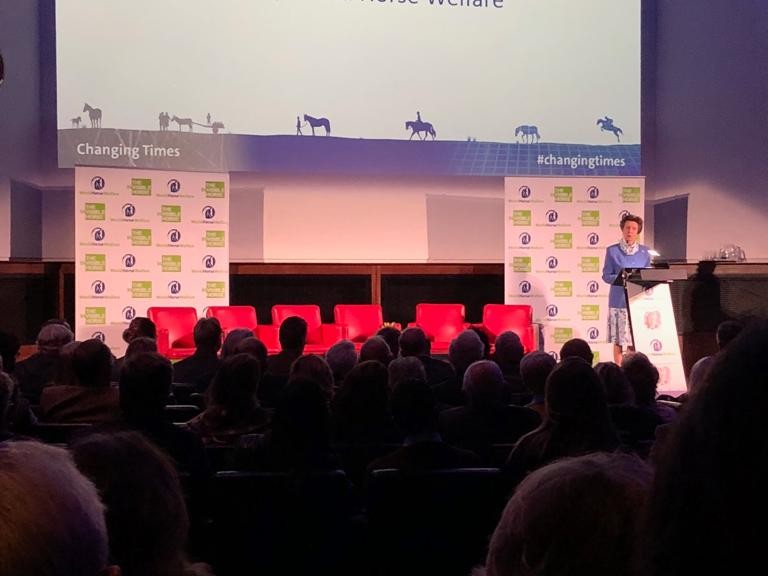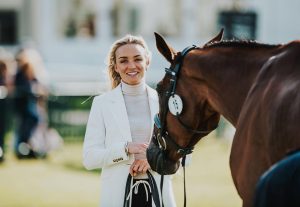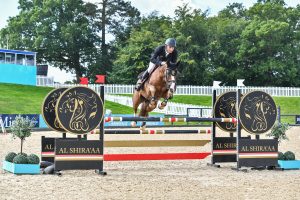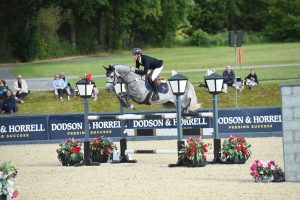Last week, Horse Scout’s Ellie Kelly was in attendance at the World Horse Welfare Annual Conference in London. It is an exclusive event attended by leading figures in the world of veterinary medicine, equestrian sport, horse racing, politics, and animal welfare as well as HRH Princess Anne. The theme of the conference this year was Changing Times. Essentially how change- both good and bad, is continuing at a meteoric rate and what the future for equine welfare might hold.
The day was opened by Michael Baines, Chairman of the World Horse Welfare who had recently visited some of their projects in Cape Town and Lesotho which are jointly run with several other charities based in these parts of the world as well as other international animal charities like The Brooke and The Donkey Sanctuary. “I saw firsthand how important it is to take a holistic approach to equine welfare and, to be prepared to work with multiple stakeholders to achieve the best results,” said Michael.
Perhaps this is a lesson we can all take away generally when striving to improve not only our horses lives but also our own livelihoods and interests in the equestrian sphere. As equestrian sport, recreational riding and general horsemanship evolves and improves in some areas but declines and is devalued in others. The advent and reliance on social media for information and as a marketplace is both a vice and a virtue.
Utam Kaphle, a young professional from Nepal, spoke on the innovative work being done by Animal Nepal. As Executive Director of the charity, he has spearheaded projects to improve animal welfare in the country by working with the local communities. With the help of government institutions, Animal Nepal has helped the lives, health and education of poverty-stricken communities as well as their working animals and the large number of strays which can spread disease.
Four-time Olympic Dressage rider Richard Davison then gave some compelling arguments on what was wrong and right in the sport horse industry. “When we riders, in our quest for success and our competitive side gets the better of our horsemanship.” Rollkur, hyperflexion and nose pressure was a recurrent theme and he expressed the importance of more clarity in the rulebook and more scientific evidence to prove the effects of a tight noseband- more on this in our next blog.
The future of Gypsy Cobs was addressed by Andrea Betteridge, founder of the Traditional Gypsy Cob Association. Andrea has spent decades obtaining and recording historic information and collecting DNA from different herds to prove the heritage of the breed and its historic bloodlines. This formed the foundation for recognition of the breed by British and European governments with member registrations from over 35 countries and the authentic breed database recognised all over the world. Overbreeding has led to the “dumping” of cobs, which the so often become welfare cases. As well as establishing the breed and educating would be breeders on the implications, Andrea has prompted other initiatives such as specialised showing classes and “Give a Cob a Job”.
Tim Collins, a former Tory MP talked about the perceived implications which Brexit will have on the equine world as well as the enthusiastic following and power that animal charities had at the present time. At this stage in political proceedings, no one really knows what will occur after Brexit. Although he highlighted the reality that nothing will happen quickly as it will take years for the UK to fully leave the EU. “The average time it takes to even join the EU takes a decade and for Estonia, it was 20 years,” he said, with a further warning. “Therefore the issues you care about in the horse world are going to carry on but you must not take our eye off the ball and assume that this is all going to be carried out in the next few months. There is nothing as long as the temporary arrangement. We may have to live with this for a very long time so don’t assume any arrangements can be fixed later. Bear in mind how immensely powerful those of you who care and campaign about animal welfare actually are. For example, the inflection point in the 2017 General election was when the Conservatives got on the wrong side of animal welfare on the ivory trade and fox-hunting and that lesson has been learned deeply in both the party main headquarters. One of the biggest issues amongst the young population is animal welfare, so you guys can be pushing on an open door.”
The next topic covered was how charities and win trust and broaden their horizons. This came from Joe Saxton who featured in the top ten of the most influential people in UK fundraising. He is also the founder of a research consultancy for charities called nfpSynergy. The main pointy to take away was that support for animal charities is well up the national order, featuring higher than charities concerning homelessness, social welfare, overseas aid, religious and environment and conservation. So we Brits remain, “a nation of animal lovers”.
The day was rounded off with a discussion panel between influential veterinary delegates who covered topics such as changes in culture, technology and the internet and social media- friend or foe to both horse owners and vets. Overweight riders and horses were also commented on as this is a welfare issue we all see too often at shows around the country.
The use of artificial aids was also addressed, where Gemma Pearson highlighted horses “limited learning capacity”. She explains: “the spur and whip refine our instructions further so we can be more precise about what we are asking. But what we need to move away from was using the whip and spur for punishment as that is what creates problems”.
The Chief Executive Roly Owers summed up the conference: “When we talk about making change we have to base it around common sense, around experience and around the evidence. The second point is the issue of value. The value of our reputation, the value of time, the value of trust and the value of horses.”
If you would like to watch the Conference in full as well as discussions from previous years, click on the link:
http://www.worldhorsewelfare.org/conference
